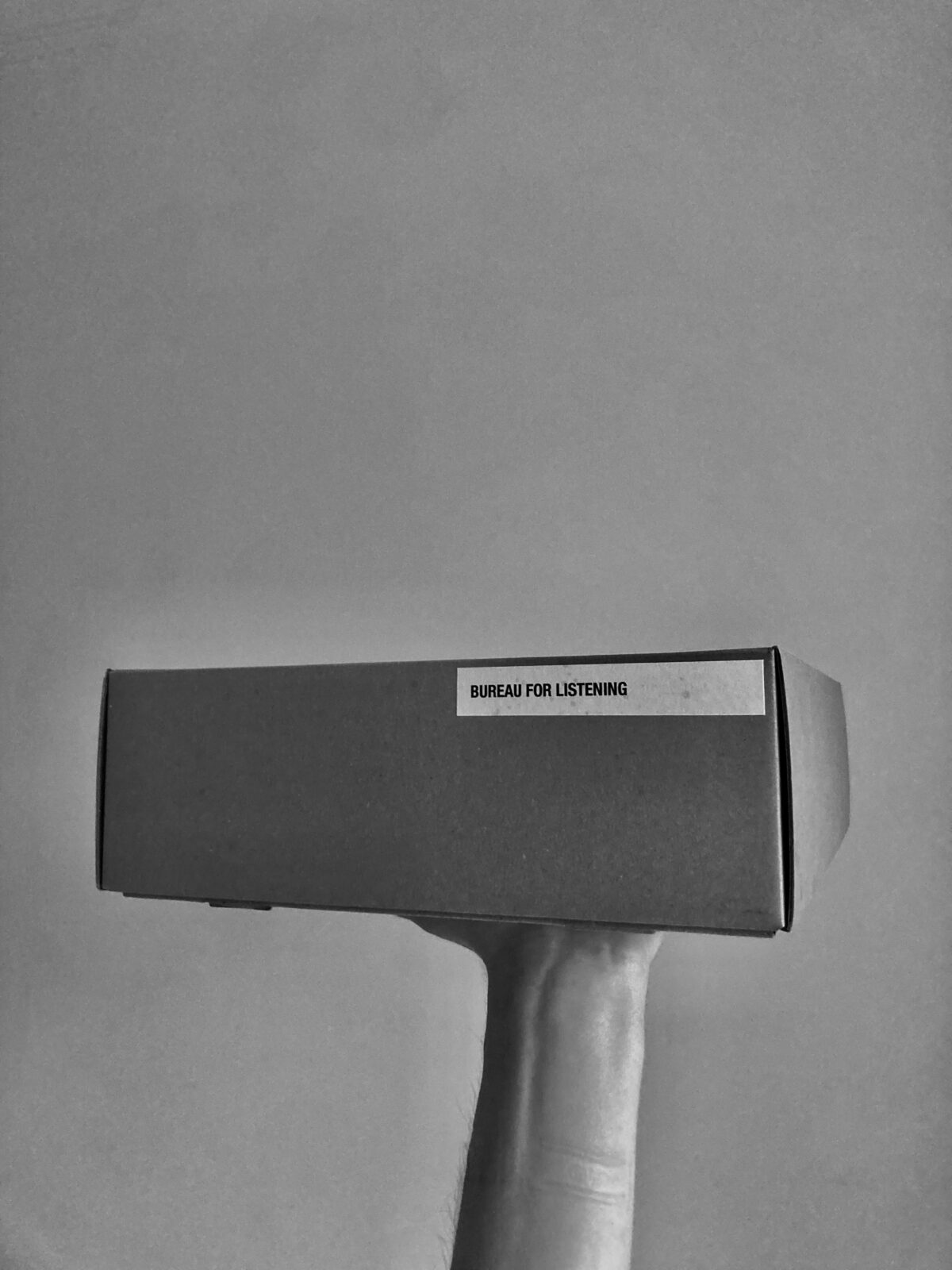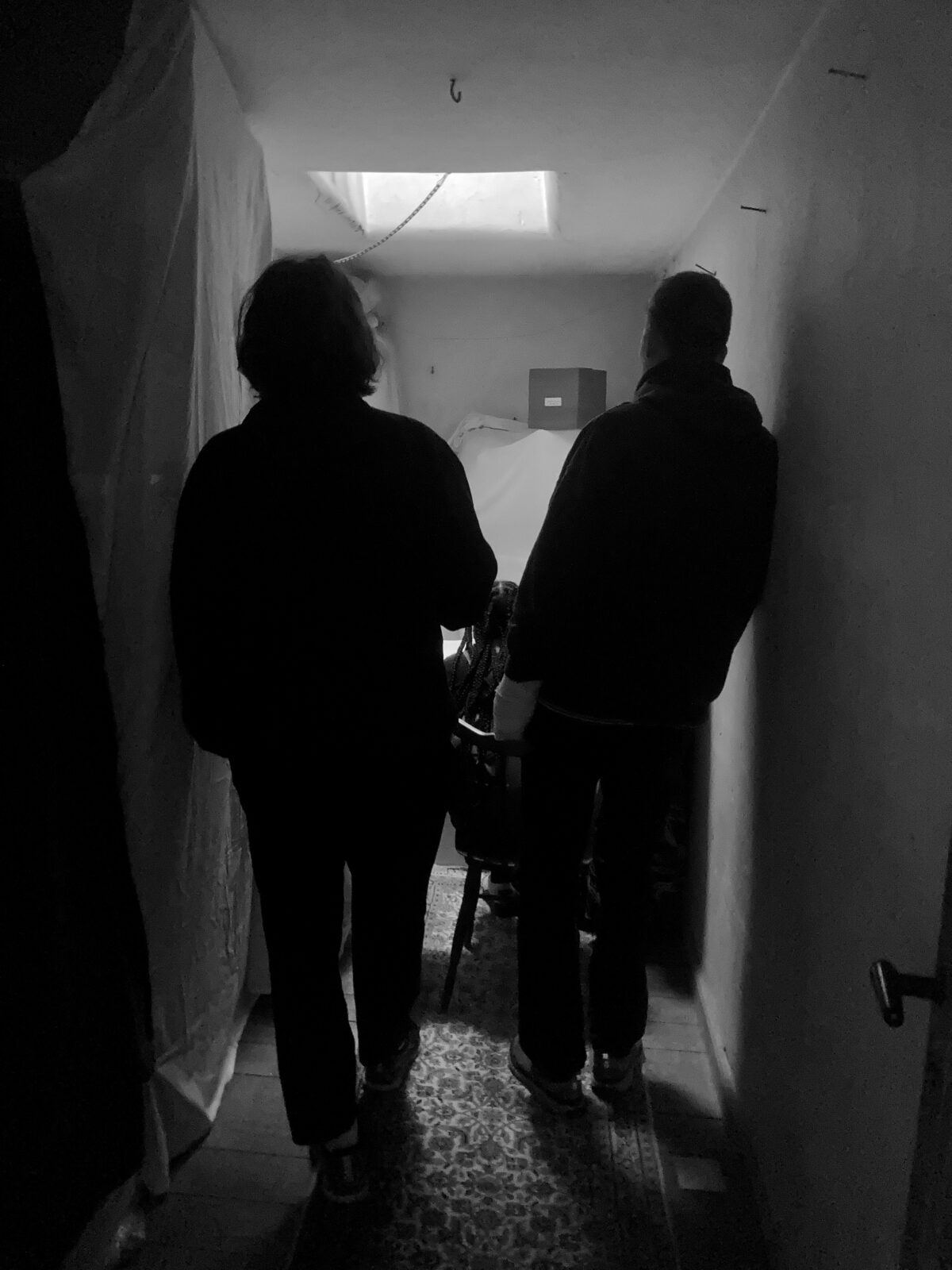ARCHIVE
Archiving is for us an important practice for leaving traces, narratives and materials for further unexpected explorations and wonderings – and hopefully further listening. But what to archive? What ethics and practices of archiving is meaningful and necessary to pursue? What is an archive for listening(?) – what content and form does an archive for listening take? What would be attempt of Bureau for Listening?
In the service of listening – is there perhaps a meaningfulness in not generating an explicit and ‘complete’ practice of archiving? What is the archive’s potential of let the narratives and traces be scattered… to insist of the openness, and sabotage any build up of a narrative for listening, by not offering material to support one. This seems speculative, but in what way is a failed archive a successful archive for listening?
We hope to archive elements of value to the existence of this bureau. So far, do we not have any objective and persisting criteria for this practice.
We wonder in general; what is the connection between listening and an archive? What kind of listening-practice should/could we activate in the process of archiving? Is listening archivable, and if not, what kind of archive is we here then building?

As a inspiration and framework for working with archiving in relation to listening we stubbled upon the practice of ‘Imperfect Archiving’ as described be Be Oakley in Imperfect Archiving as Practice for a Love of Softness, 2021, published by Genderfail.
“Imperfect archiving is making use of any knowledge of “archiving” and “collecting” by means of uniformed, spontaneous, naive and failed notions of what an archive can be. It’s a freedom of creating your own knowledge, understandings and actions not tied down to accepted professional notions of being an archivist.”
“Archiving as Practice is the exploration of archiving as an artform. Using our own collections, archives and materials as tools in the exploration of an archive as an established art practice.”

Some questions, among others to come, for possible an archive for listening:
What is (concretely, abstractly, conceptually) being archived?
And why?
What ethics do the archive and the practice of archiving to the archive for listening rely on?
Are we as a bureau able to deliver on this ethics?
For who does the archive exist?
How can we interact with the archive as an art form?
In what way is understanding the archive as a practice an activistic practice for listening?
What resources are needed – do we have them – how do we get them?
How to interact with the archive?
How do we secure access and transparency around the archive?
In what way can and should the archive support better listening able communities?
Further questions will be added as our understanding, or challenged understanding, of an archive for listening as practice is being explored.